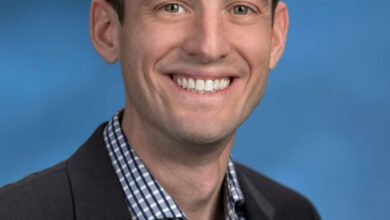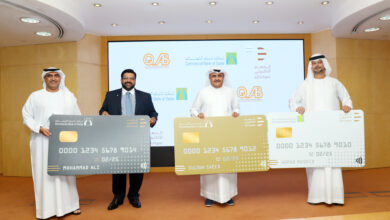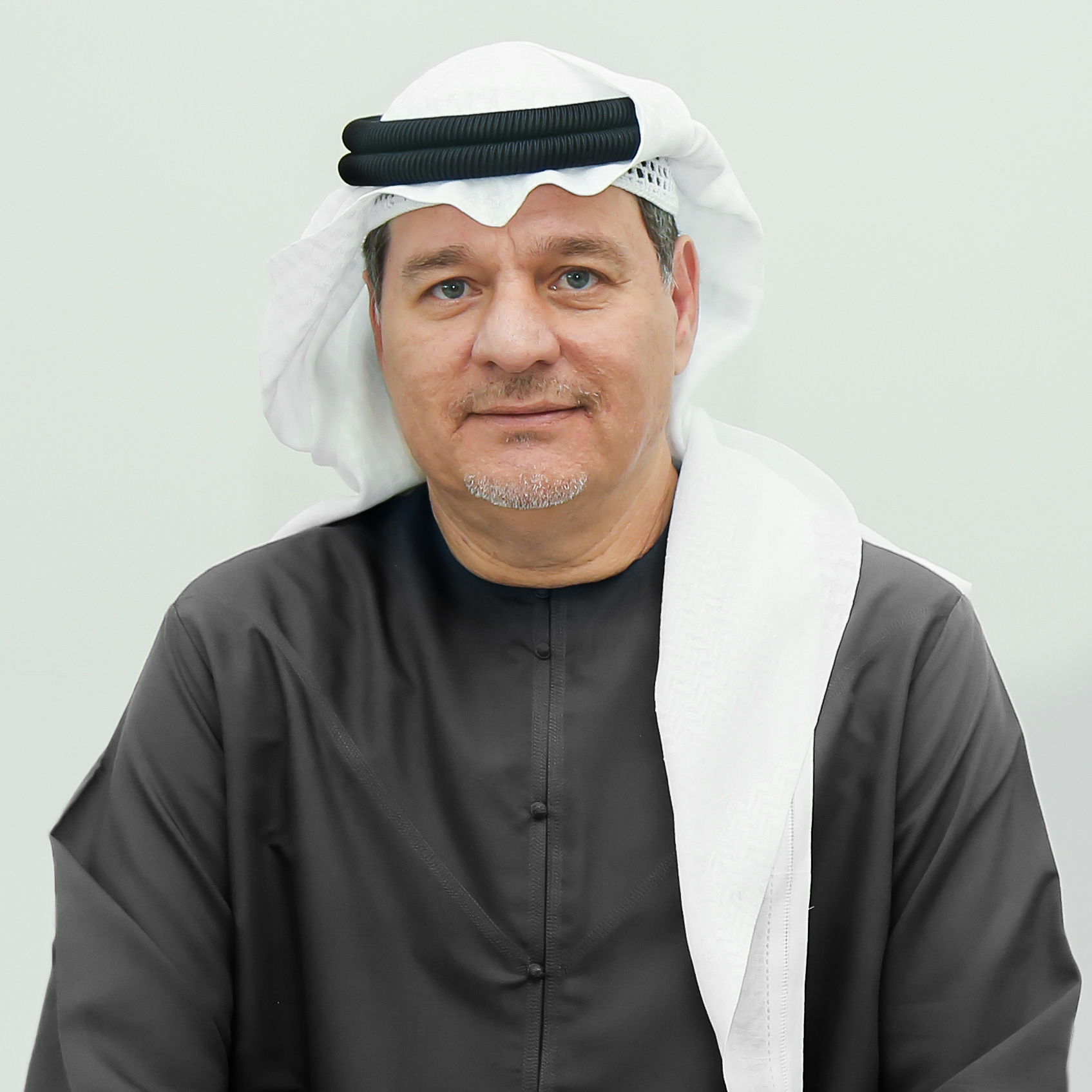
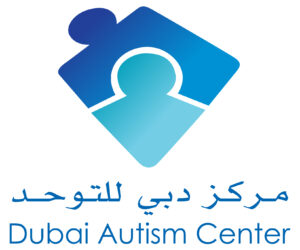
Dubai UAE
Sallam Sallam
As part of an executive plan aimed at bridging the gap of services provided to children with autism, Dubai Autism Center (DAC) announced restructuring its services into three main categories: assessment, intervention and school program.
Mohammed Al Emadi, Director General and Board Member of Dubai Autism Center, said, “Several departments have been restructured to better position our team to meet different needs for children with autism and their families, the changes help deliver more accurate services and increased efficiencies across the DAC departments,”
“The new DAC service structure aims to provide unique methods that include individualized education and therapy plans for each case. These services are supervised by a multidisciplinary team who provides specialized programs in the framework of an evidence-based assessment and corresponding curriculum (PEAK) that combines the Applied Behavior Analysis (ABA) programs in addition to a wide range of modern programs that have been adopted in the DAC curriculum,” Al Emadi said.
“With a capacity of 180 children, the Dubai Autism Center offers a school program that includes a set of the latest educational and therapeutic methods specialized in autism,” Al Emadi said.
“Today the DAC School premises contain 34 classrooms, 22 rooms for occupational and movement therapy, 13 rooms for Speech therapy, 3 sensory rooms, simulated apartment and a number of leisure and entertainment facilities,” he added.
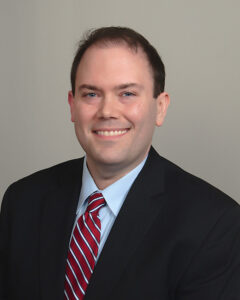
Nicholas Orland, DAC Head of Autism Program said, “The recent findings, published in the journal Autism Research in US, shows that despite growing awareness about autism, it is still under-diagnosed, which emphasize the importance of the DAC new service structure in facilitating access to comprehensive diagnosis and care services,”
“Based on the research conducted by the Autism and Developmental Disabilities Monitoring Network in US, researchers analyzed the education and medical records of 266,000 children who were 8 years old, seeking to determine how many of those who showed symptoms of the disorder were not clinically diagnosed or receiving services. From the nearly 4,500 children identified, 25 percent were not diagnosed. Most were males with deficits in mental abilities, social skills and activities of daily living who were not considered disabled,” Orland stated.
“There may be various reasons for the disparity from communication or cultural barriers to anxiety about the complicated diagnostic process and fear of stigma; however, the most common five reasons are: (1) some children don’t show signs until after age five, (2) kids develop at different rates, (3) shame or denial feelings of parents, (4) symptoms vary so much, (5) children receive a diagnosis for a related condition such as sensory issues and attention-deficit hyperactivity disorder,” he concluded.
Founded by a decree of the ruler of Dubai in 2001, Dubai Autism Center is a non-profit organization that aims to provide specialized services to take care for children with autism and provide support for their families and their caregivers. The financial resources of the center consists of subsidies, donations and any charitable endowments for the welfare of the center.
In 2017, the Dubai Autism Center moved to its new headquarters located on an area of 90,000 square feet, covering a total built-up area of 166,000 square feet in Al Garhoud, thereby increasing its capacity from 54 children to 180 children who are received in facilities that have been fully equipped to suit their needs. It contains 34 classrooms, 22 motor therapy clinics, 18 speech and speech therapy clinics, 3 rooms specialized in sensory therapy, and a number of laboratories, facilities and medical clinics, all designed according to the latest specialized international standards, providing the appropriate educational environment for children with autism.
Autism spectrum disorder (ASD) is a neurological and developmental disorder that begins early in childhood and lasts throughout a person’s life. ASD can cause significant social, communication, and behavioral challenges. According to recent studies, one in 54 children is affected by ASD.

